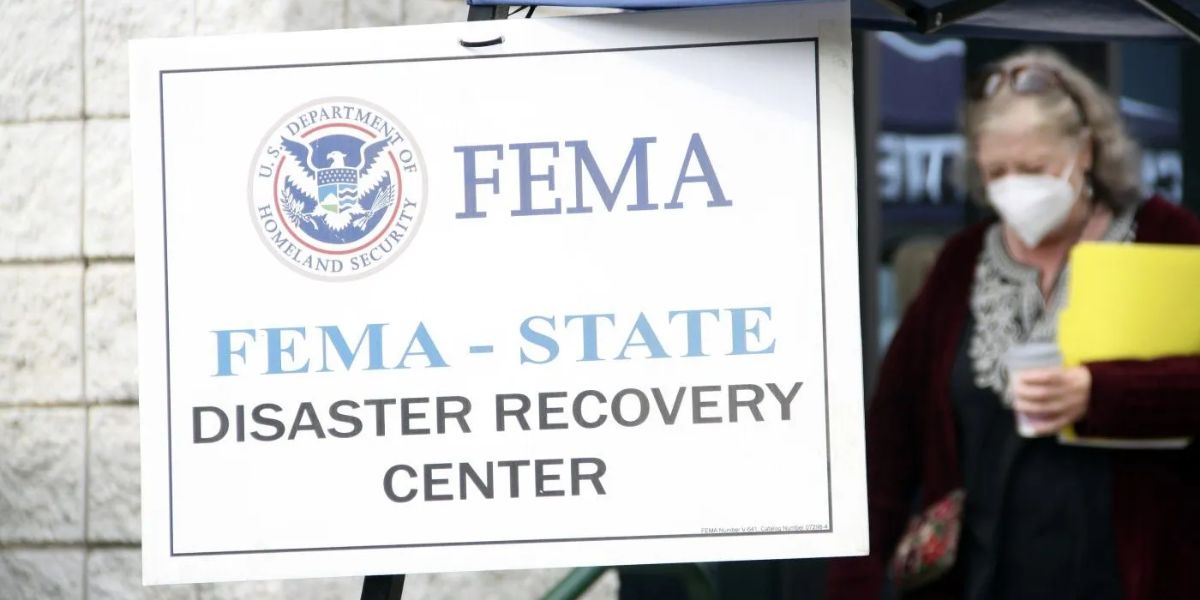A announcement issued by the Federal Emergency Management Agency on December 27 stated that the agency has approved a total of $288 million in recovery assistance to be distributed to more than 142,000 households and individuals.
This approval came three months after Tropical Storm Helene made landfall in Western North Carolina.
According to the Federal Emergency Management Agency (FEMA), an additional $307 million in public assistance funding has been allocated so far to promote community recovery.
Following the approval of a budget measure by both parties in Congress, the announcement was made.
This bill would provide an additional $29 billion to the relief fund of the Federal Emergency Management Agency (FEMA), which provides individual aid to disaster survivors and reimburses states and municipalities for debris clearance and other post-disaster response activities
. According to the Federal Emergency Management Agency (FEMA), the United States Army Corps of Engineers and its contractors have had the opportunity to clear public rights of way of more than 2.4 million cubic yards of debris.
The passage of the bill occurred several weeks after a group of state and local elected officials, including Governor Roy Cooper and Mayor Esther Manheimer of Asheville, traveled to Washington, District of Columbia, in order to lobby for $25.5 billion specifically for the state of North Carolina.
According to a revised estimate from the North Carolina Office of State Budget and Management, Hurricane Helene was responsible for the deaths of 103 people and property damage amounting to nearly $60 billion.
More than two billion dollars in additional funds is provided to the United States Small Business Administration as part of the budget plan.
This funding will be used to give low-interest loans to homeowners, business owners, and nonprofit organizations that have been affected by natural disasters. As reported by FEMA, the State of North Carolina has been granted more than $6.6 million in Small Business Administration loans.
Get Prepared: North Carolina’s New Laws Taking Effect in January 2025
Help with housing problems
According to the statement, the organization is continuing to offer survivors of disasters choices for temporary lodging.
One hundred and eighty-four homes have been housed in temporary housing units, while more than five thousand three hundred households are living in hotels as part of the Transitional Sheltering Assistance program that the organization is running.
At the moment, the agency has contracts in place with thirteen commercial parks to put units, and there are possibly twenty more contracts in the works.
The state lowered the standards for obtaining permits on December 10 for individuals and groups that were erecting temporary housing units such as sheds and travel trailers for persons who had been affected by Hurricane Helene.
The state cited the delay in supplying housing units that was caused by FEMA.
Oregon’s New 2025 Laws: Oregon’s Upcoming Laws That Will Impact Residents
The new rule, which was developed by the Office of State Fire Marshal in North Carolina, specifies minimal construction requirements for temporary housing. This rule allows property owners to avoid the process of obtaining permits and inspections.
In its place, property owners will be required to sign an affidavit stating that they have complied with the basic requirements, such as the stability of the foundation, so relieving the state and local governments of any responsibility.

